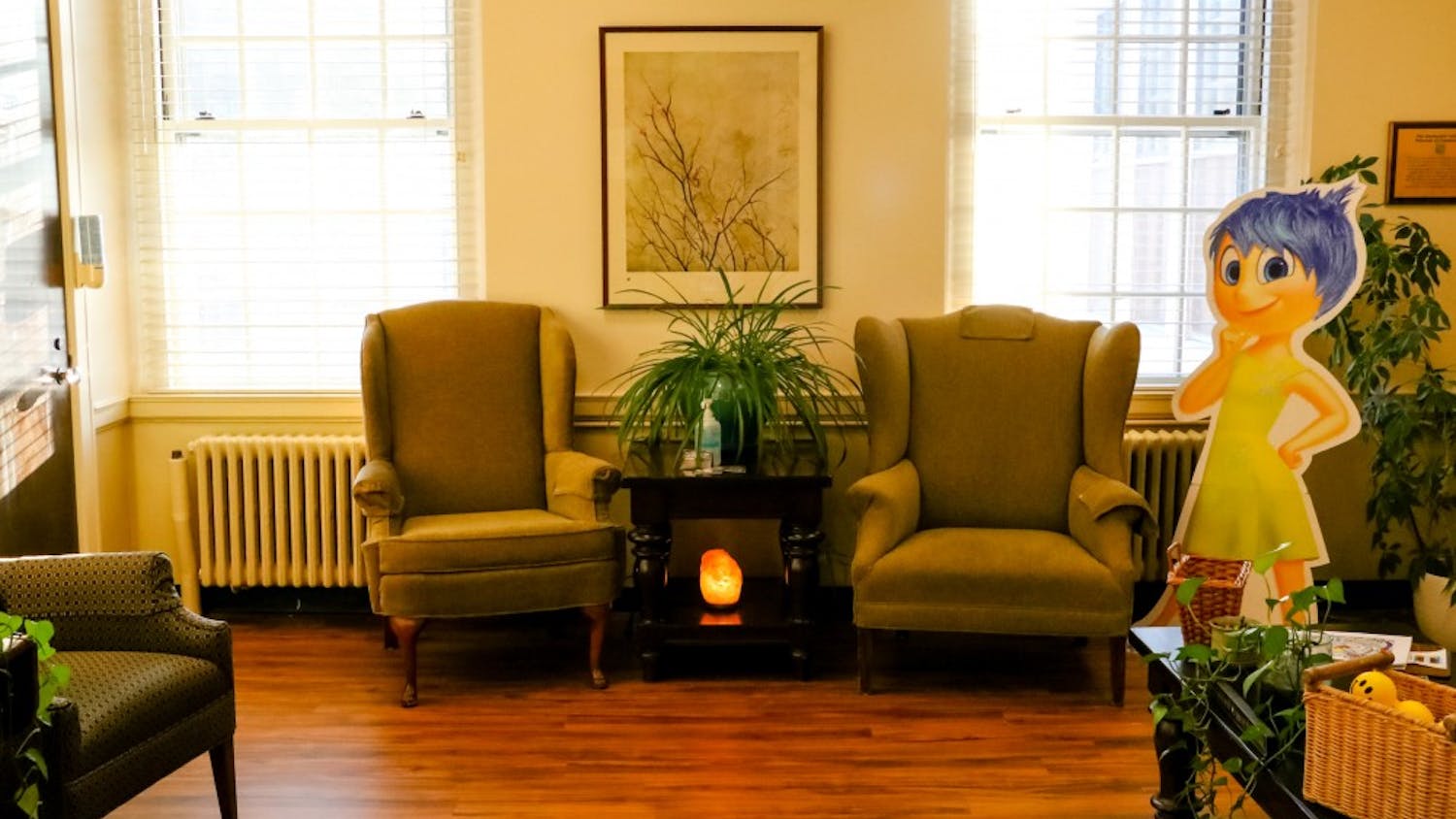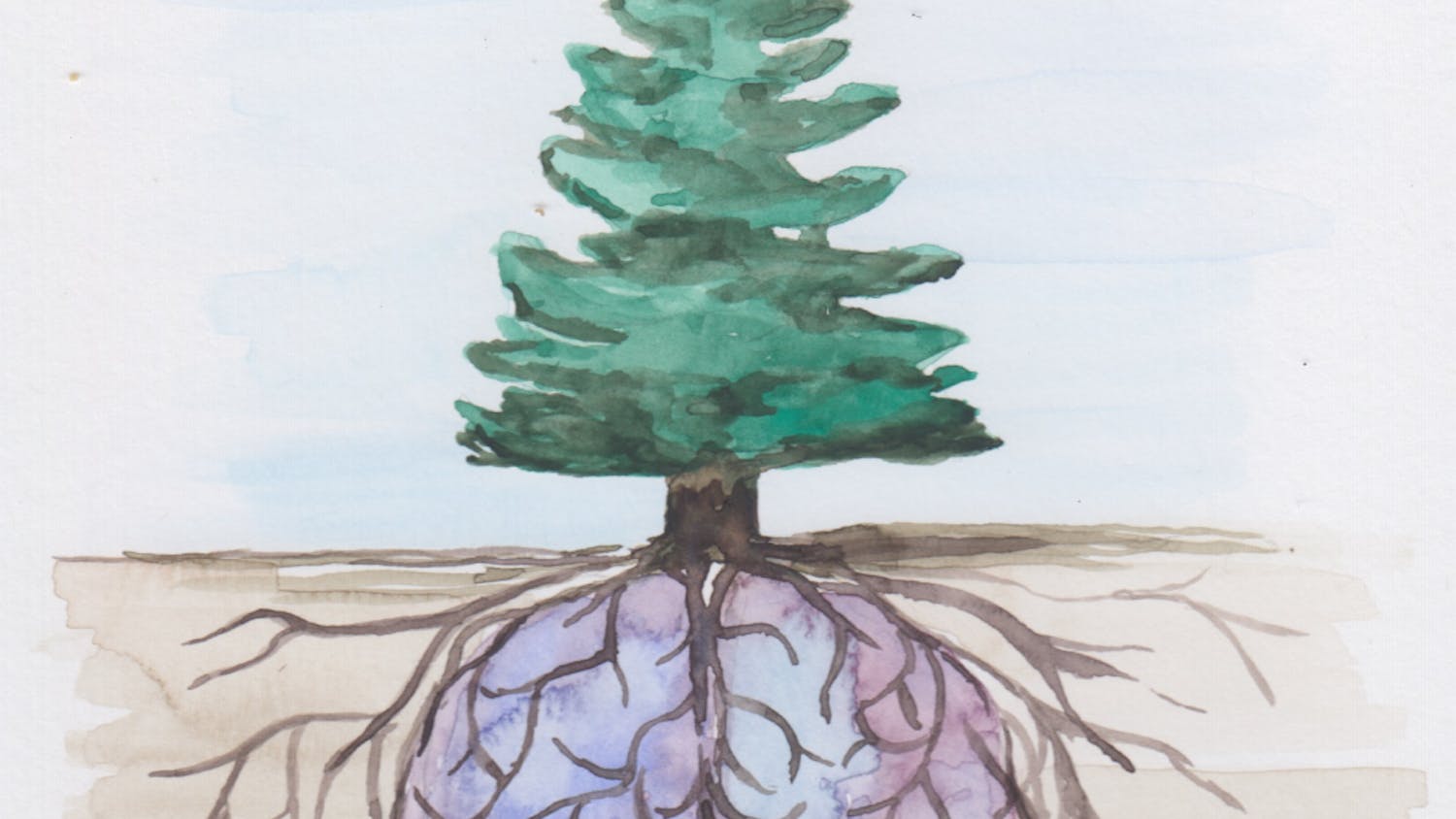The beginning of the school year has seen myriad changes at Dartmouth, not all of them necessarily good. The disconnect between students and the administration seems to grow ever wider. Like many juniors, I’ll be taking two terms away from campus, so I can’t imagine what Dartmouth will be like next spring. Given how small campus is, there is a surprising lack of empathy at Dartmouth. The disconnect between students and administration, as well as many of the problems with our campus culture, could be resolved if both sides practiced different kinds of empathy.
In presenting their “politeness theory,” linguists Penelope Brown and Stephen Levinson define “face” as the public self-image that every person wants to claim for themselves. In particular, “positive face” is the consistently positive self-image that involves the desire for this self-image to be appreciated and approved of by others. Face can be lost, maintained, repaired or improved through different locutionary interactions.
To use Brown and Levinson’s terminology, Dartmouth students are experts at maintaining face. There is a natural, pervasive expectation for students to turn themselves “on” and constantly display the best version of themselves. This conditioning begins with First-Year Trips and orientation week and continues through four years of socializing, from rush to recruitment to group projects on the first floor of Berry library. It’s no coincidence that the term “facetimey” is a staple of Dartmouth lingo. In our efforts to maintain our face to our peers, however, we tend to lose the authenticity of our community.
The empathy gap is a common issue at many college campuses. Our problem, however, is not that Dartmouth students need to be more open and welcoming. When I talk to friends who attend other Ivy League institutions, their communities seem much more inhospitable and socially isolating in comparison. In fact, Dartmouth prides itself on the intimacy of its community. While defending the new housing policy in an interview with The Dartmouth, associate dean of residential life and director of residential education Michael Wooten (somewhat ironically) cited Dartmouth’s “culture of openness” as something that distinguishes it from other campuses.
Our problem is that we’re satisfied with our reputation of being a tight-knit community, and we take it for granted. In a way, this reputation partially replaces the authenticity of our student-to-student interactions. The empathy gap we have results from how, whether consciously or not, students primarily act in ways that maintain or improve face. Often, even the kindness we show our friends feels like a performative gesture; we’re being nice because we feel socially obligated to do so, because we expect to gain something from it, or because we’re simply going through the motions and we don’t have the energy to actually care. Our interactions with others are ultimately still self-centered.
We are empathetic enough as a student body, at least on a surface level. But in order to improve inter-student relationships and foster the tight-knit intimacy that Dartmouth is known for, a deeper kind of empathy is necessary. There is no checklist of things to do to achieve this empathy. Writing thank-you notes and holding open doors for others, while commendable, are hardly enough to close the empathy gap.
Being truly empathetic means that you have to be vulnerable. Practicing this kind of empathy will leave you uncomfortable, and it forces you to take risks. You’ll know that vulnerable empathy is taking place when you view the peers around you as actual people, and not just the background characters of your own life. Exchange of lived experiences or honesty about introversion are some examples.
Of course, it is difficult to demand so much selfless energy from each student, to engage with each other not because it makes them good people, but because it is unquestionably the right thing to do. Putting yourself in a position of vulnerability is hard. I’ve been guilty, too, of putting my own problems and interests over those of others. But it’s so important that we unlearn how we’ve been conditioned to prioritize our public self-images and try to restructure the way we empathize, for the sake of this community.
The administration, meanwhile, suffers from a different kind of empathy gap, and it affects how college policies are implemented. The administration tends to roll out policies that are more about repairing its face rather than providing effective solutions to the problems that students deal with. Some recent examples include the change in card access to residential buildings and House centers; the formal implementation of the Sexual Violence Prevention Project after being piloted for the past two years; and the change from Optional Practical Training to Curricular Practical Training work authorizations after government delays put international students’ internships at risk earlier this summer.
To an outsider, the administration appears to be doing a reasonably adequate job. In each case, however, the administration’s response has been reactive, not proactive. The new housing policy comes a year after the racial bias incidents the College cited as impetus for the policy change happened, and it’s still unclear how exactly the policy will deter future acts of racism. The SVPP is decades too late, and it feels like the College’s attempt to repair its face after settling the sexual misconduct lawsuit from last year. The switch from OPT to CPT didn’t occur until after students were at risk of losing their internships, even though many other schools already had CPT as an option at that time.
The administration’s delayed responses damage students’ faith that the College will prioritize their well-being. Often, the administration insists that student feedback has been accounted for within their policies, but that clearly isn’t true if so much backlash occurs after their implementation. It’s imperative that the administration practices policy-oriented empathy. This could manifest as a greater level of transparency with the process of creating policies, having multiple meetings where students can voice feedback in person or having greater Student Assembly involvement with the administration.
As students, being vulnerably empathetic with each other will increase the intimacy of our community in an authentic way, and doing so will also strengthen our position with the administration when it comes to College policies. Meanwhile, the administration needs to incorporate empathy into their decisions, or else the policies that are implemented won’t address the needs of the students they’re meant to serve.



